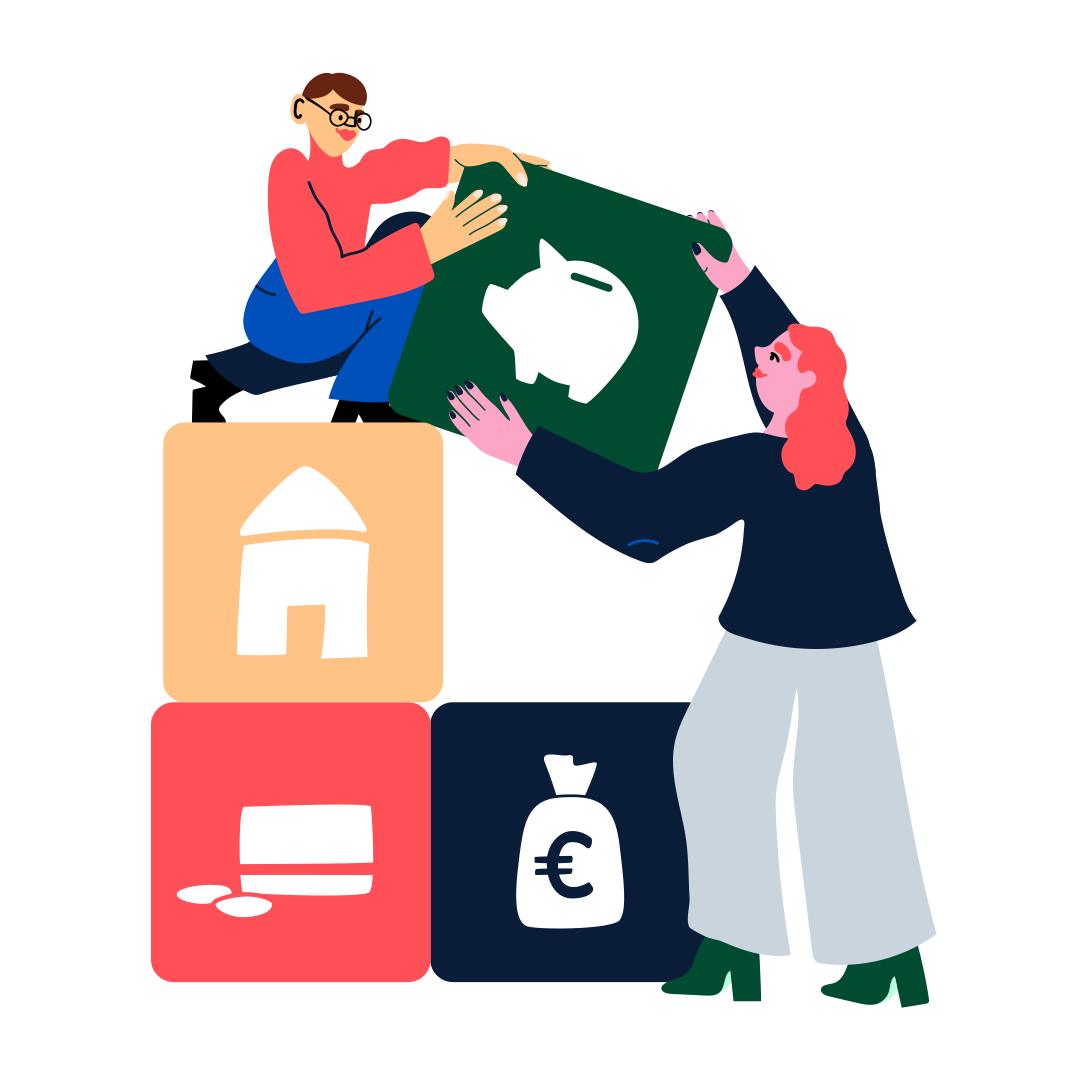Business models for generation, aggregation, storage, and distribution
New innovations in distributed renewable energy generation have increased the options available to consumers, opening the door to new service providers and active prosumers. These new innovations both compete and co-operate with the traditional energy supply system in creating solutions that are both cost-effective and sustainable. This development will continue as the adoption of new technologies accelerates, and the municipalities need to work towards finding solutions that maximize carbon-neutrality while meeting the need to respond to the individualistic needs of citizens and local companies. Municipalities must prepare for the changes ahead and produce an enabling environment for different stakeholders to participate in the decision-making and transformation towards low-carbon communities, while encouraging these new stakeholders to provide new business models, aiming towards a more sustainable urban environment, to the public and private sector.
As part of the SPARCS action E10-1 the City of Espoo assessed possible business models for the electricity, heating, cooling and fuel sectors in the context of the Kera district. Current and new business models were mapped, and the suitability of different models to the Kera area was explained. The full report can be accessed from the link below.

